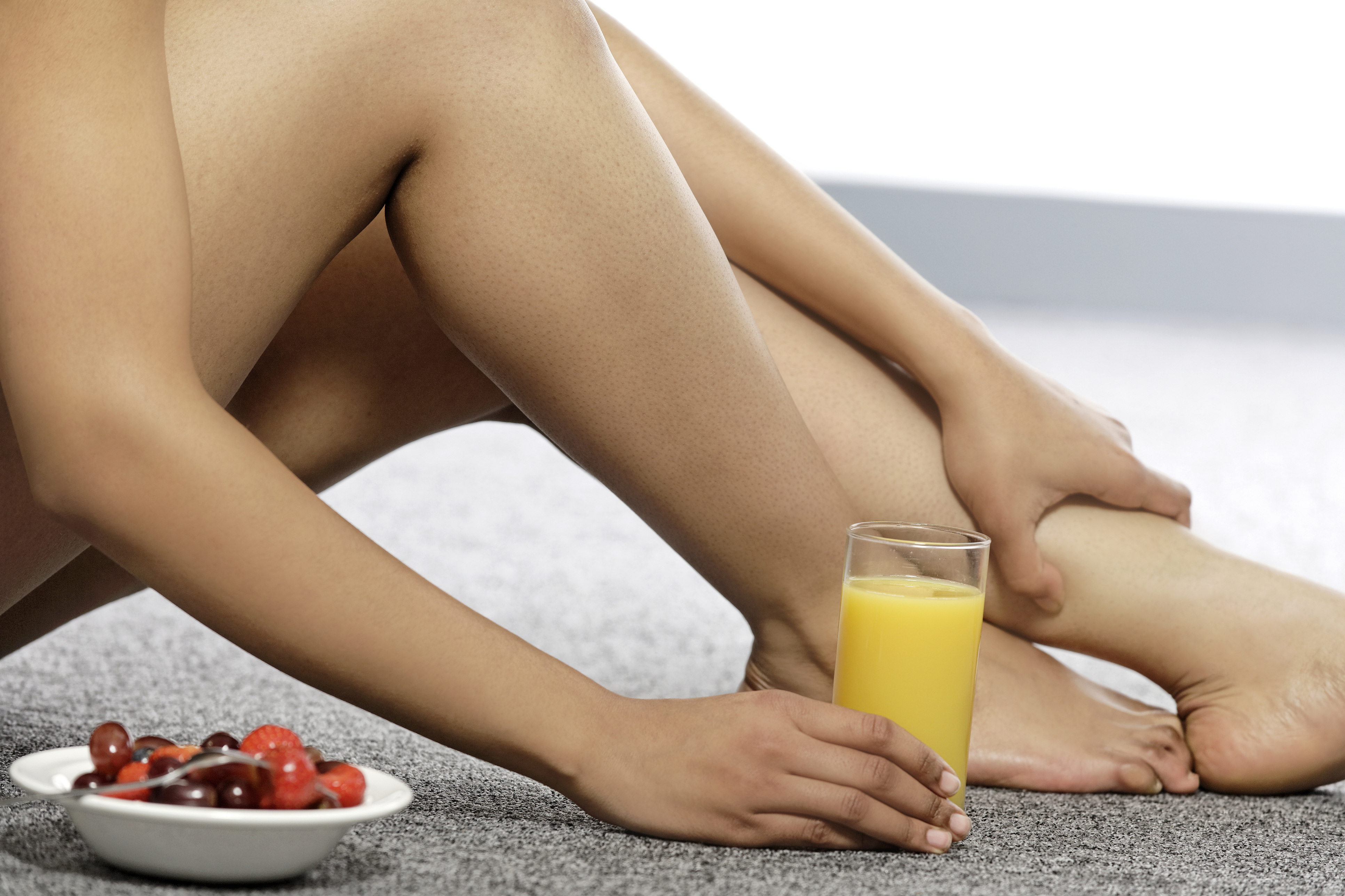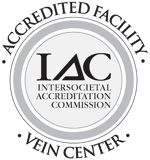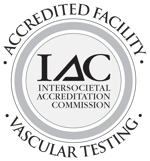With September being Healthy Aging Month, we wanted to share with you some basic tips that not only can help your veins maintain maximum health, but will also positively affect your overall health.
The health of your veins can be affected by a number of other conditions, such as obesity, heart disease or diabetes. Even genetics play a role in whether you’re susceptible to problems with your veins. The veins act as the return highway system taking blood back to the heart. So, any traffic slowdown is going to cause trouble farther back the line.
Some of these issues include varicose veins – where valves in the blood vessels may not close properly, allowing blood to collect, and spider veins - basically tiny, baby varicose veins that are so small they don’t cause much blood collection or any pain.
Healthy Veins
So with all the issues that could occur, what are some ways to prevent them from happening in the first place? Here are 9 tips from the Vein Institute of New Jersey that you can use to maintain healthy veins:
- Stay Active – Keeping in motion is important. Many of us sit far too long during the day. Get up regularly and walk around to get the blood pumping. Also, riding a stationary bike is a safe way to move the legs. If you’re more athletic, go for a jog. In addition, stretching your calf and thigh muscles can also help improve blood flow.
- Stay Hydrated - When you’ve had plenty of water, your blood is thinner and flows better. Thicker blood due to dehydration can make vein insufficiency problems worse.

- Eat Healthy - Fruits and vegetables are great for circulation and the health of vein walls. Obesity affects over 650 million adults and can contribute to blocked or weakened valves in leg veins. The good news is that even modest weight loss can improve or prevent the health problems associated with obesity.
- Don’t Smoke – Please! - The chemicals in tobacco smoke can deoxygenate and thicken blood. Additionally, nicotine causes vascular hardening and narrowing.
- Reduce or Avoid Salt - Salt, or sodium, can cause the body to retain water. Excess fluid in the legs can cause swelling and put pressure on leg veins, weakening vein walls and leading to chronic venous insufficiency.
- Use Compression - If you’re susceptible to venous insufficiency, whether by genetics, pregnancy, chronic conditions such as obesity or heart disease, or work/lifestyle habits, then wear compression socks. They help contract muscles around the veins to keep blood moving back up toward the heart. It would also be a good idea to put your feet up a few times a day (higher than hip level) to give your circulation a boost.
- Get Those Legs Up - Standing or sitting for long periods can contribute to the pooling of blood in leg veins. Taking breaks to move your legs can help blood flow toward the heart. When seated, raise your legs by placing them on a footstool and avoid crossing them. This is also important when you’re traveling, especially on an airplane.
- Moisturize - Though it doesn’t treat chronic venous insufficiency, a daily application of moisturizer can heal dry or cracked skin, improving the health of your legs.
- Get Treatment - If you start noticing symptoms such as fatigue, heaviness and swelling, then it would be a good time for an evaluation from a vascular physician. You can schedule an appointment with one of our board certified doctors at the Vein Institute of New Jersey and find out more on how to maintain the health of your legs.
Learn more about Dr. Rezayat









.jpg?width=944&name=Castle-Connolly-Top-Doctors-Emblem-Large%20(4).jpg)